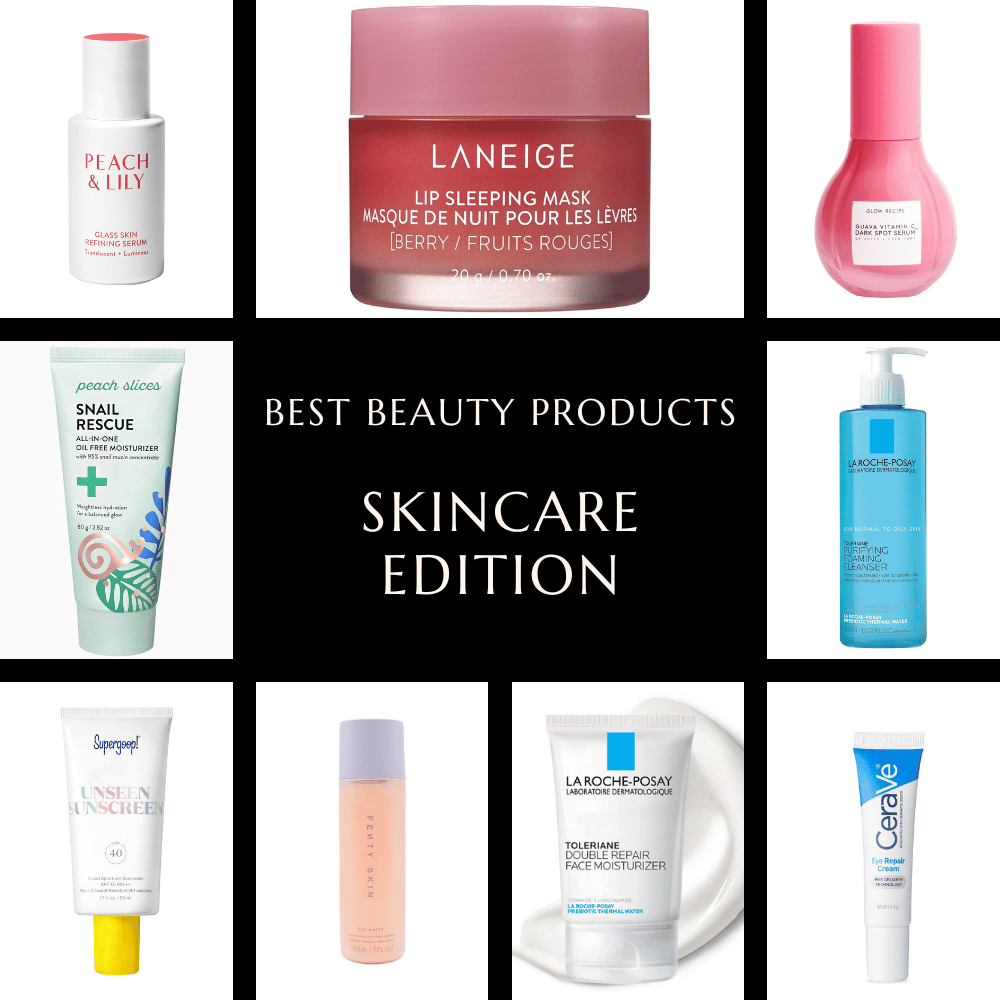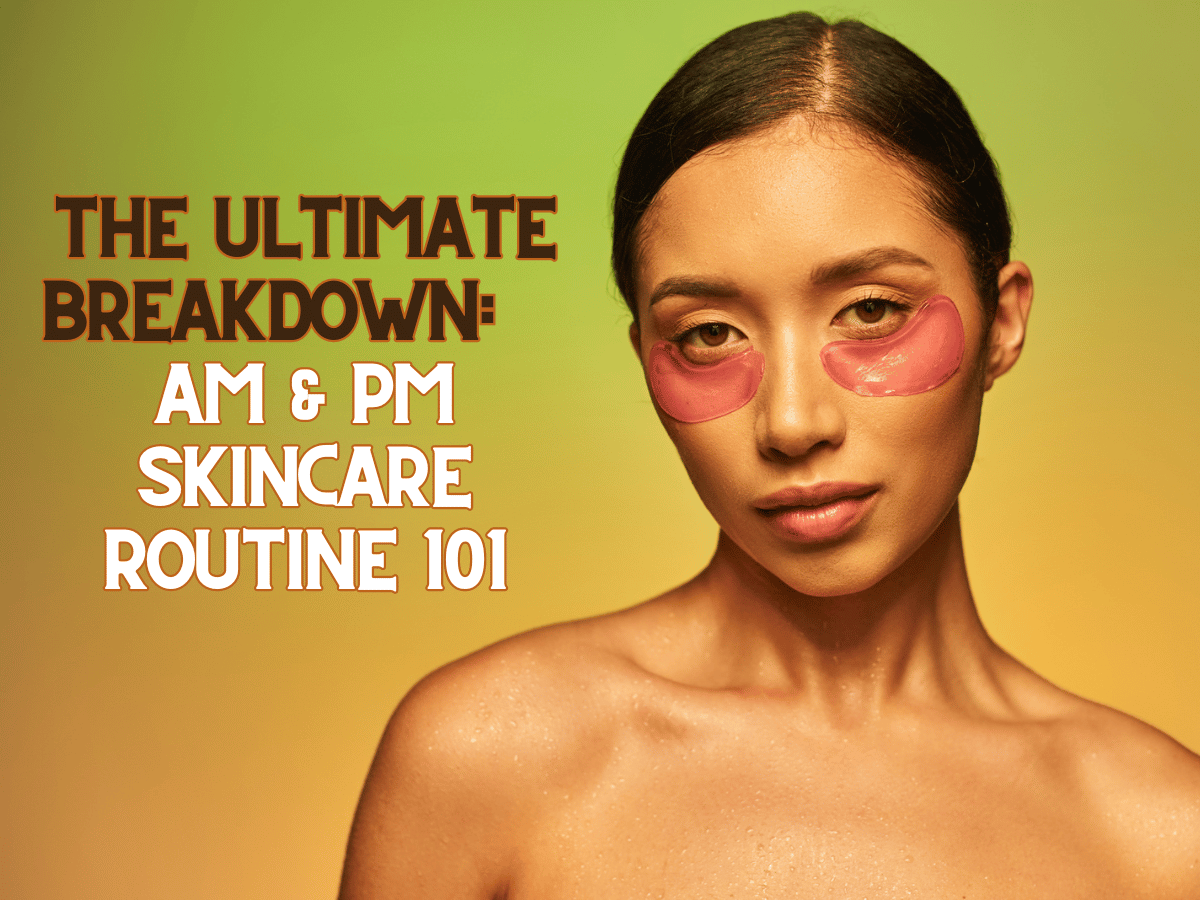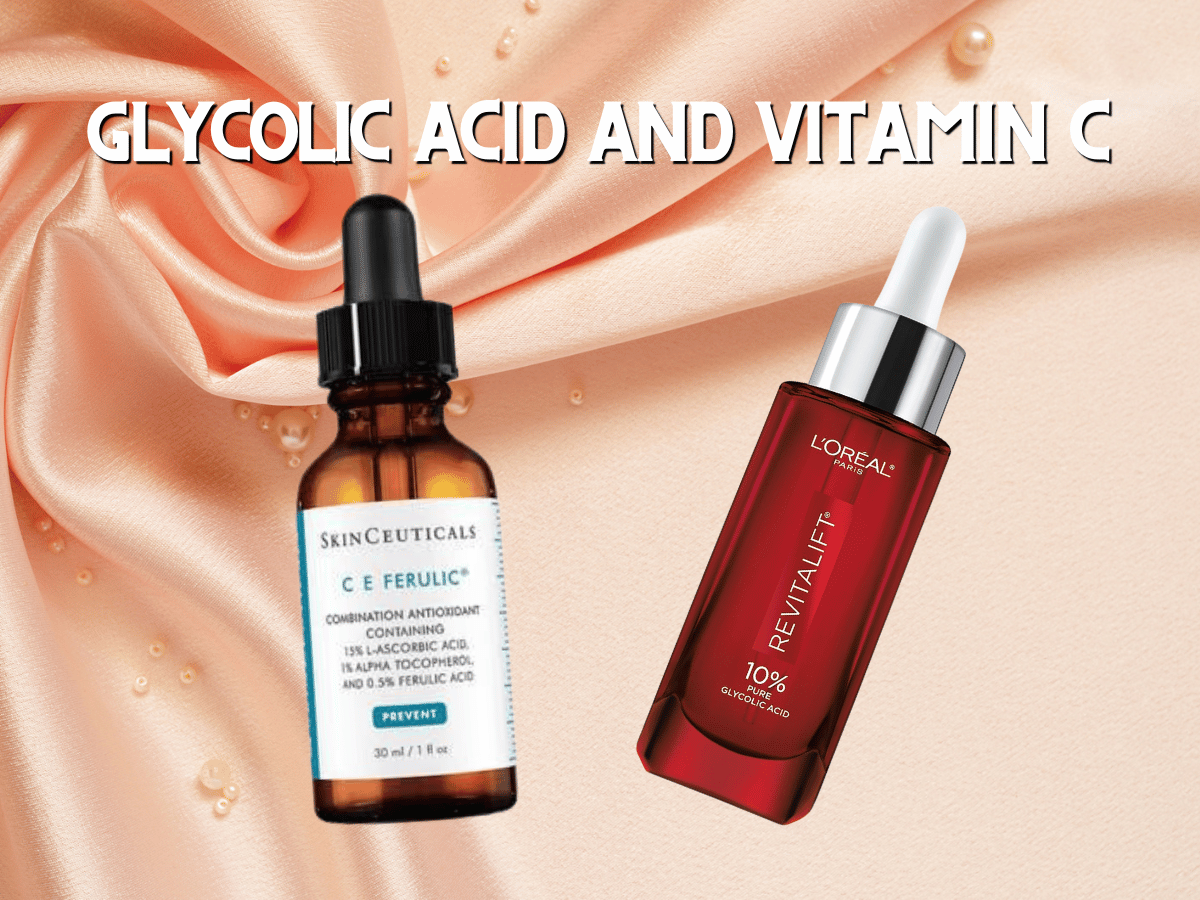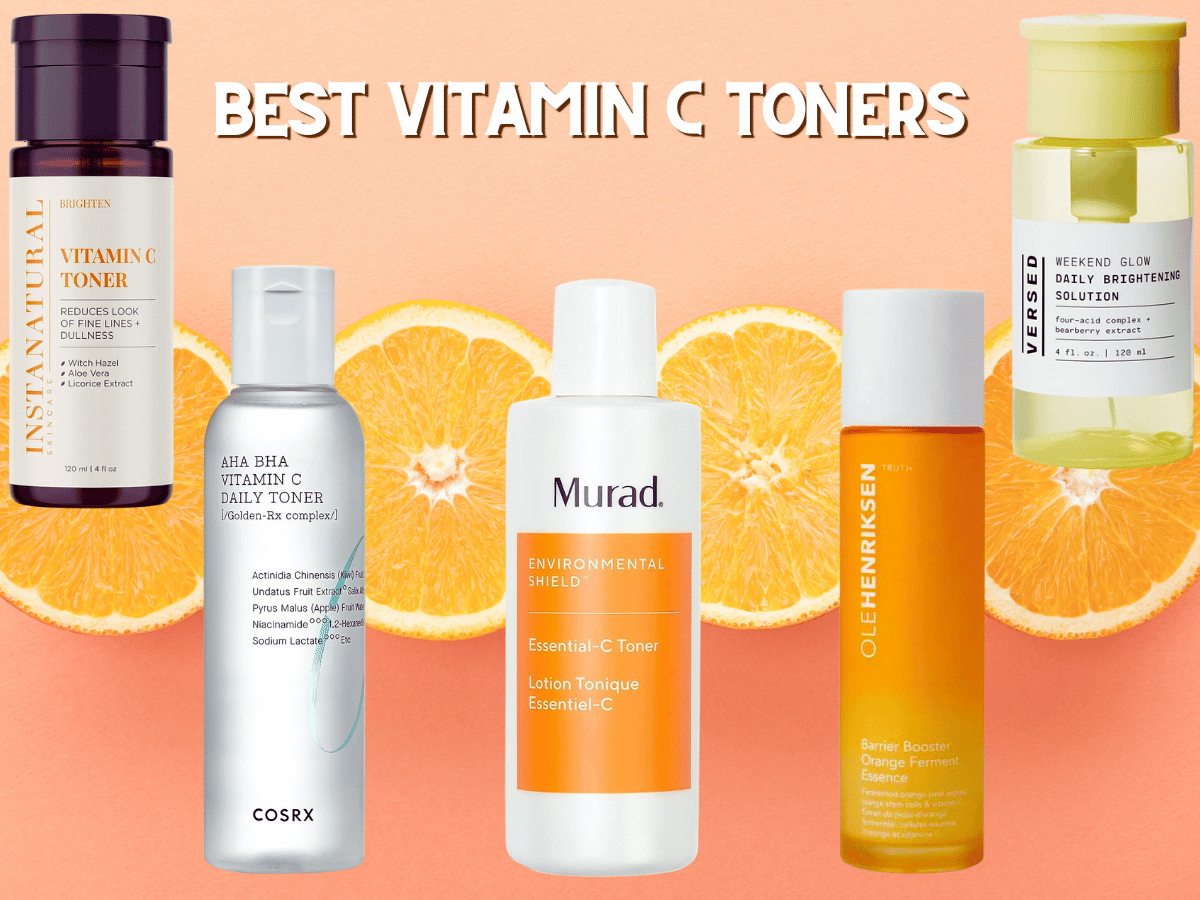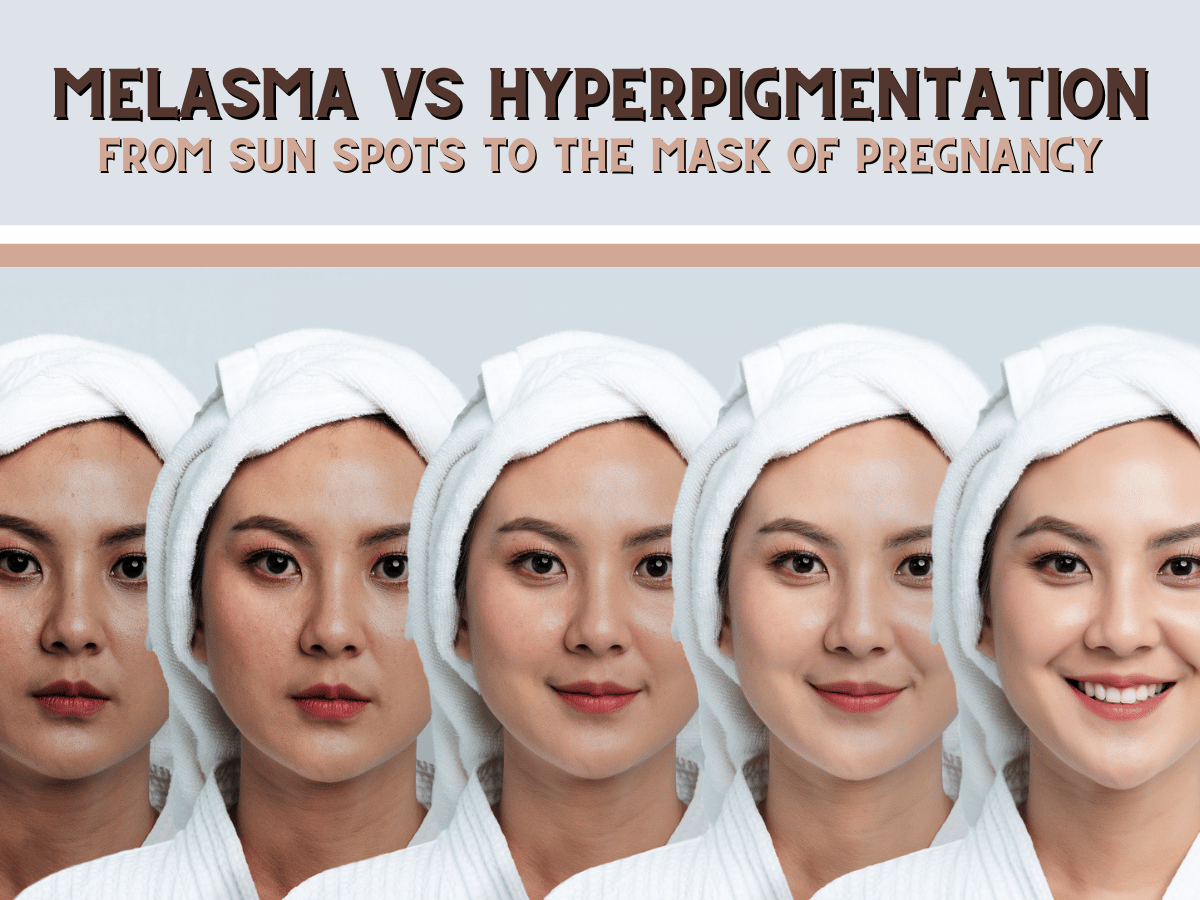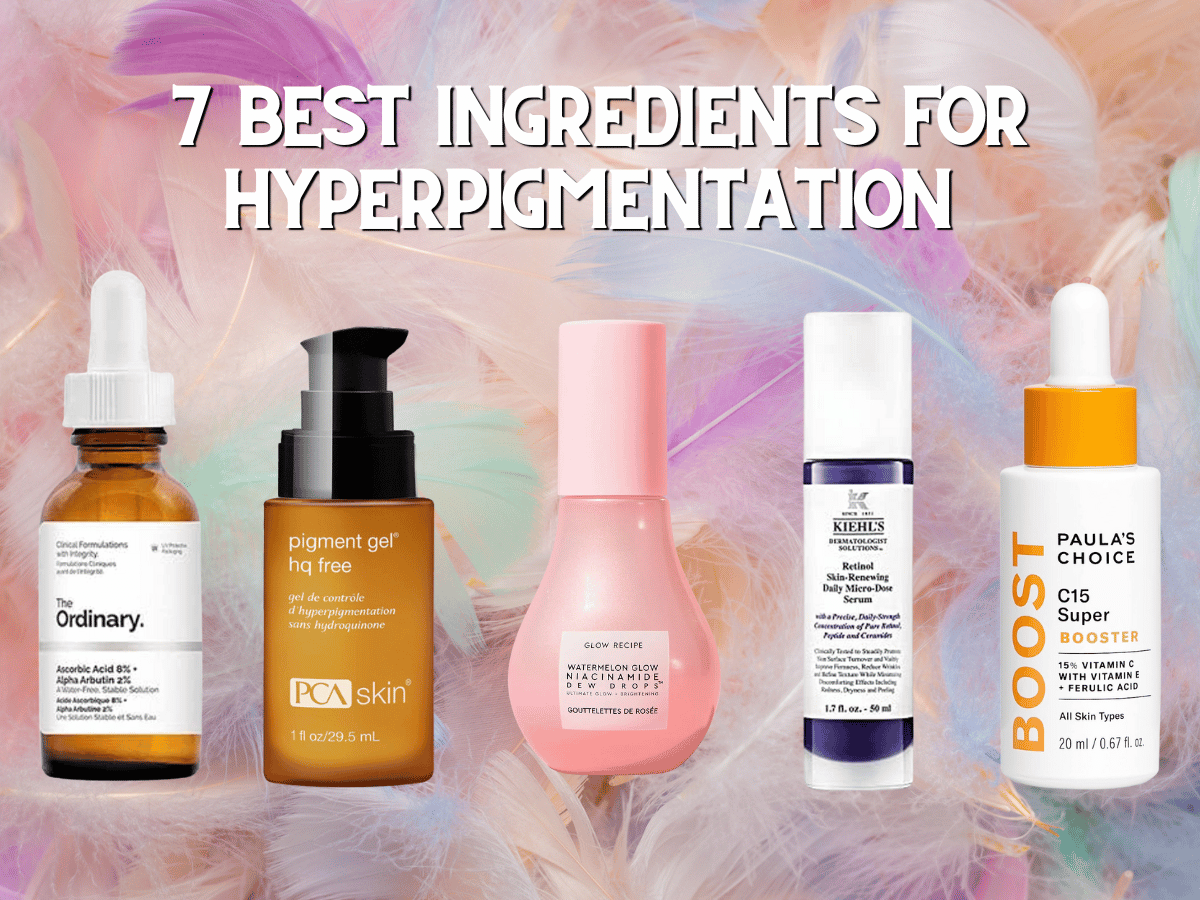Why is My Skin So Dry Despite Moisturizing?
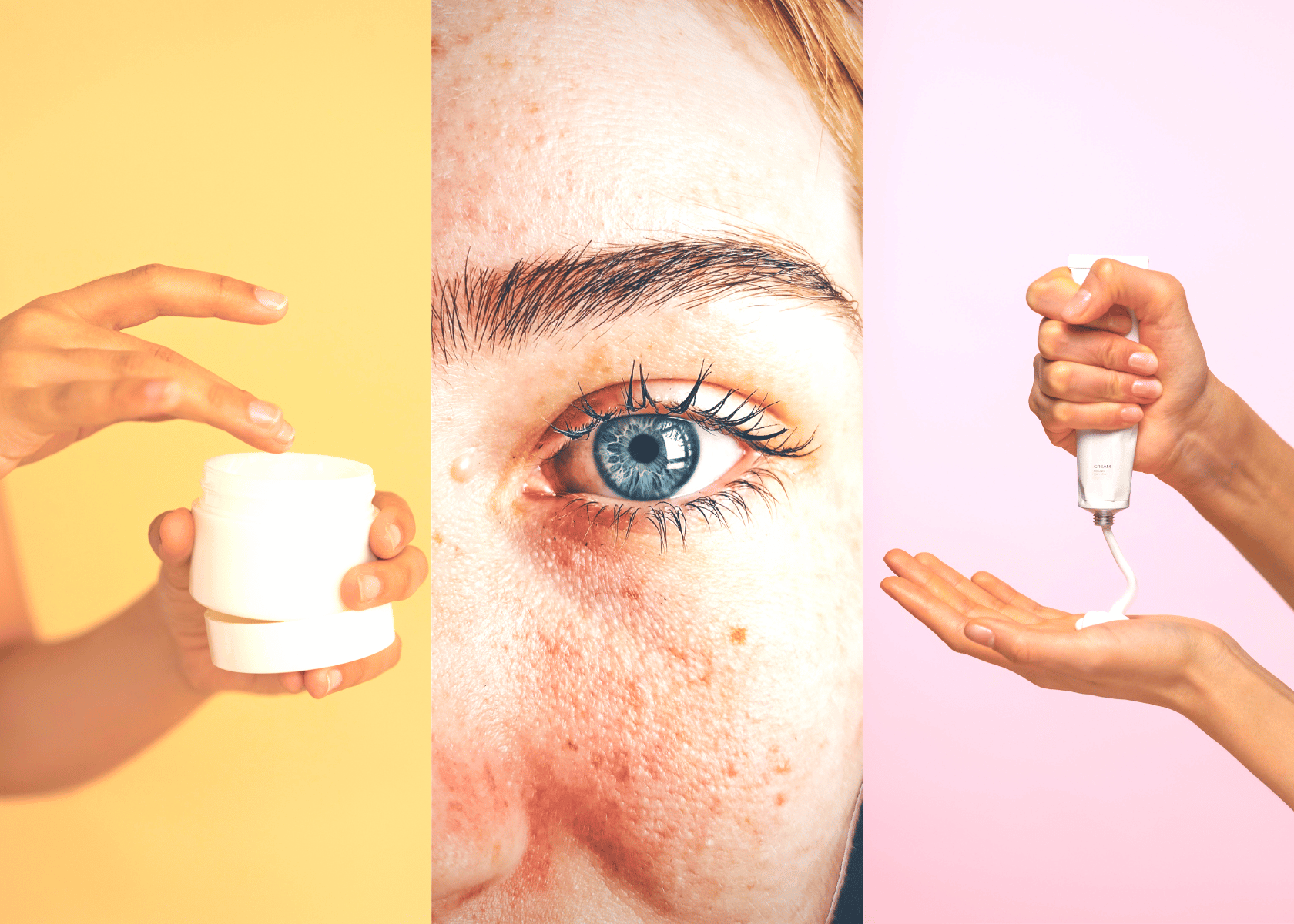
In skincare, one of the most common issues is dry skin. Even when you moisturize, your skin may still feel tight and uncomfortable. So why is this happening, and what can you do to fix it?
Fortunately, there are several things you can do to make sure your skin stays soft and hydrated. Let’s take a look at the different factors that may be contributing to your dry skin, as well as some tips on how to keep your skin hydrated and healthy!
Moisturizers 101
First off, let's make sure we understand the basics of moisturizers. Moisturizers are designed to seal moisture into the skin by trapping water molecules in the upper layer of the epidermis. This helps keep your skin from feeling dry and tight while also preventing dehydration.
However, not all moisturizers work in the same way; some are better for certain types of skin than others. For example, if you have oily skin then a lightweight moisturizer may be a better choice than a heavy cream and vise versa. Similarly, if you have sensitive or acne-prone skin, then an oil-free option may be more suitable for you.
Dehydration
One of the most common causes of dry skin is dehydration. This means that you’re not drinking enough water throughout the day. If your body isn’t getting enough fluid, it will start to pull moisture from other parts of your body—like your skin—in order to stay hydrated.
To make sure you’re getting enough water, try drinking 8-10 glasses a day and avoid caffeinated drinks like coffee and tea, which can also contribute to dehydration.
Your Environment
The environment around you can have a huge impact on the health of your skin too. Cold temperatures, low humidity levels, and strong winds can all cause your skin to become dry and irritated. To protect against these elements, use a moisturizer with sunscreen every day before going outside, and make sure you’re wearing gloves or covering up exposed areas whenever possible.
Additionally, if you suffer from allergies or asthma that aggravate your symptoms in dry weather, talk to your doctor about ways to manage them during drier months.
Your Diet
What you eat can help promote skin hydration—try incorporating nuts, seeds, and fruits such as bananas and kiwis.
Your Skincare Routine
Your skincare routine plays a key role in keeping your skin hydrated as well. Sometimes it’s not just about what you’re doing wrong; sometimes it can be about what you're not doing either.
Start by investing in quality products like cleansers and moisturizers specifically designed for dry or sensitive skin types.
Not all moisturizers are created equal! Look for ingredients like hyaluronic acid which helps lock in moisture; glycerin which attracts water from the air; aloe vera which soothes inflammation; shea butter which is deeply nourishing; and ceramides which help protect against environmental damage.
Switch up your routine.
- Use gentle cleansers and exfoliants instead of harsh ones; these will help retain moisture without irritating the face.
- Exfoliate once a week, every other week, or at maximum, twice a week depending on how strong the exfoliant is. This way you don't over-exoliate and strip the skin of its natural oils, or under-exofoliate and cause clogged pores; unfortunately both scenarios result in dry skin.
- Try using heavier creams during winter months when temperatures are lower and lighter moisturizers in summer when temperatures are higher. It is also important to apply this product at the right time. For best results, make sure to apply moisturizer twice a day—in the morning and at night. Application after a shower when the skin is damp is optimal.
- Use a hydrating toner can help with removing the remaining dirt and impurities while simulatenously prepping the skin for the whole skincare routine. It can supplement the moisturizers' hydration and help lock in the skincare regime's moisturizing ingredients.
- You can also try a hydrating serum. Serums have active ingredients made to target specific skin concern such as dryness.
- Finally, always remember to apply sunscreen even when indoors - UV rays are responsible for 90% of premature aging!
Another friendly note: We all love using hot water in our skincare routines and showers, however, hot water can dry skin out fast. Try switching to lukewarm or cold water to soothe your skin.
Final Thoughts...
Keeping our skin healthy is essential for maintaining its natural glow and youthful appearance; however, many people struggle with chronic dryness despite their best efforts.
By staying hydrated both inside and out; protecting our complexion from environmental elements like extreme temperatures; and using the correct, good-quality skincare products specifically tailored towards our unique needs; we can finally say goodbye to flaky patches once and for all!
Try out the steps above and see what works for you. Let us to help you get started on your journey towards the ultimate hydrated skin. You got a sneak peak, but for a more in depth and updated guide in the battle of dry skin and moisturization check out this article next:
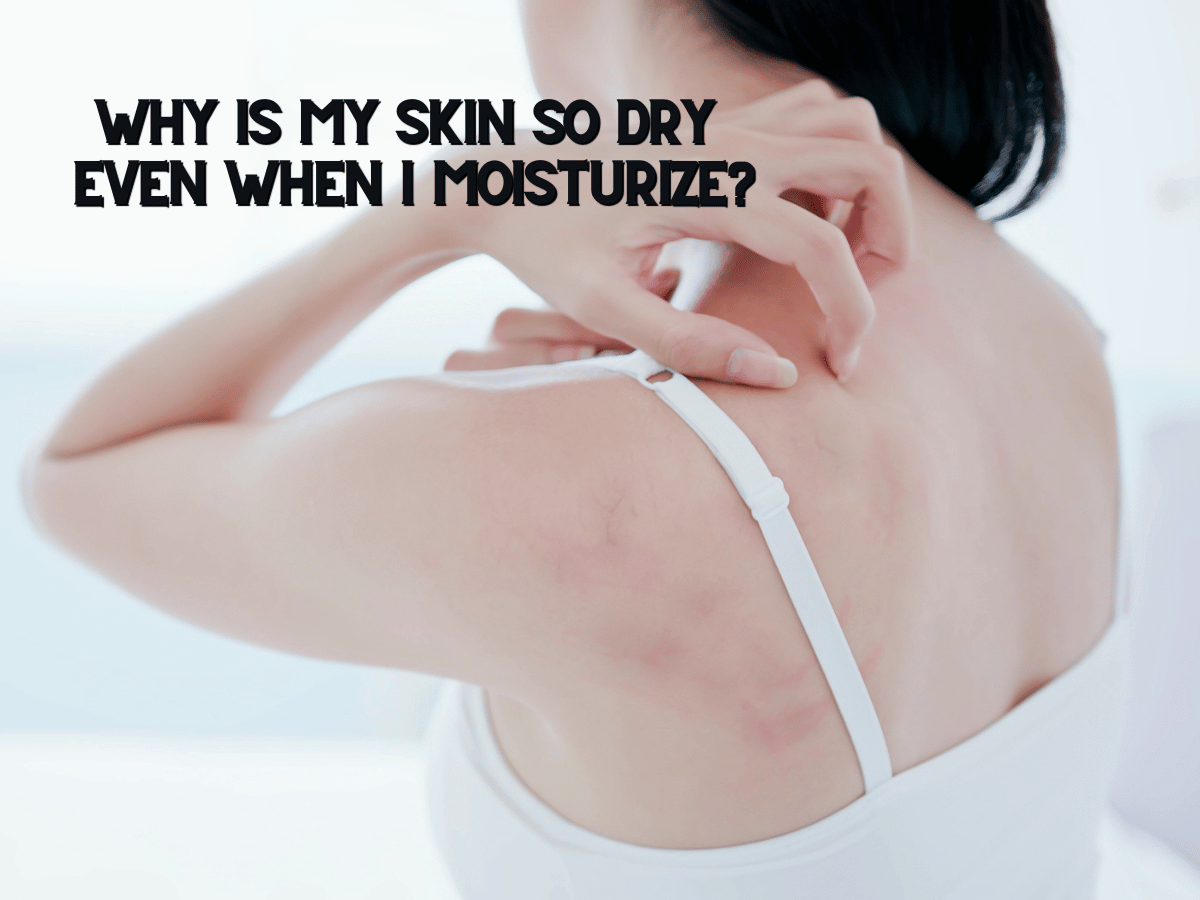
Click the link below to find the some of the most HYDRATING toners in the market to soothe your skin. With such a wide selection and detailed information to help guide your choice, you will find just what you are looking for. Thanks for reading!
Like these stories? You will (probably) love our monthly newsletter.


